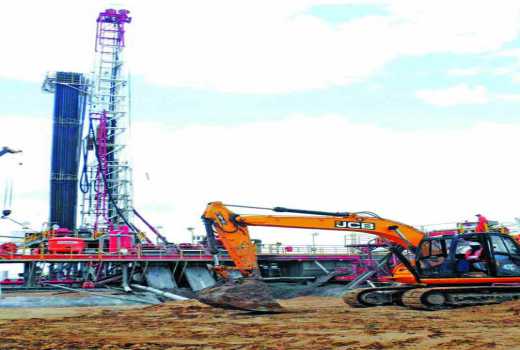×
The Standard e-Paper
Smart Minds Choose Us

TURKANA, KENYA: Tullow Oil has over the last one year substantially reduced its number of employees in Kenya.
This has been through failure to renew contracts that were up for renewal in the course of the year as well as actual layoffs, where employees were sent home after being given a send-off package.